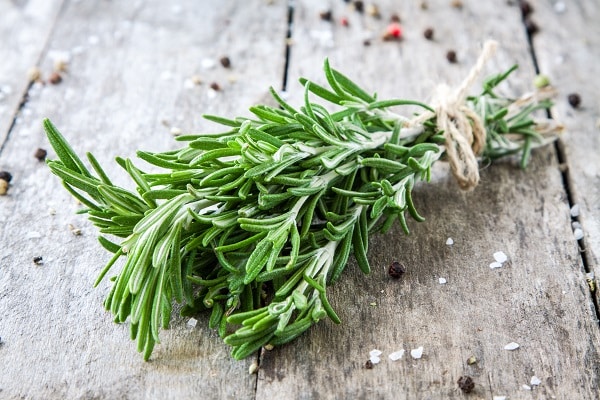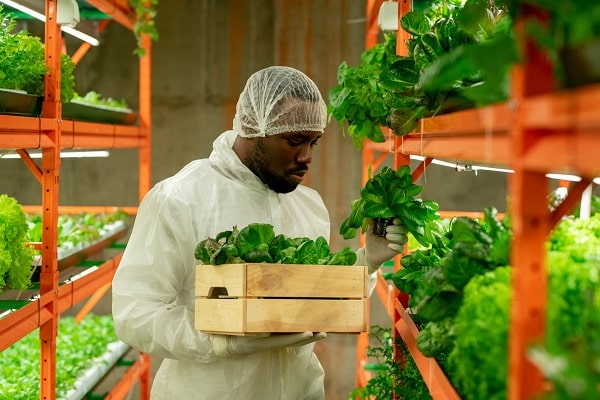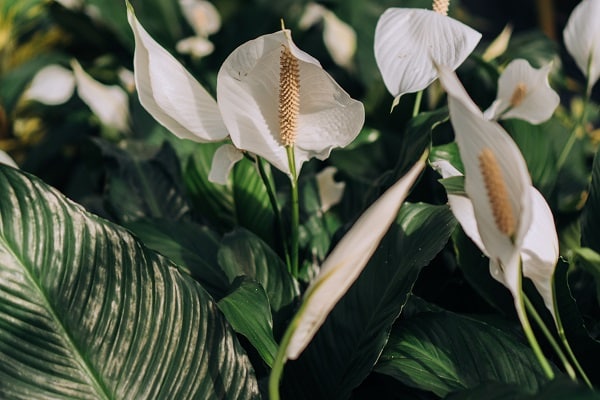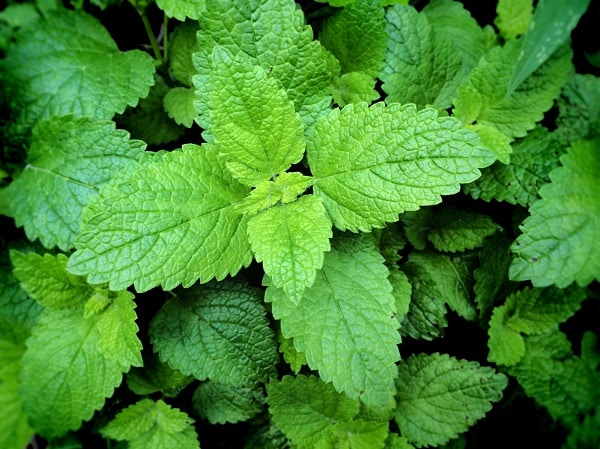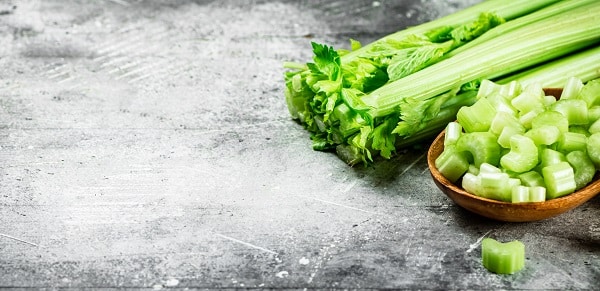If you want to start a hydroponic garden, you may wonder what plants you can grow. Many plants do well in a hydroponic garden, from fruits and vegetables to flowers and herbs. However, some will be far more successful than others. This article will look at some of the plants you should grow in a hydroponic garden to ensure you choose the best options. That way, you can start growing successful and bountiful plant life.
Contents
The Benefits Of A Hydroponic Garden
Gardening is a popular hobby that can provide fresh produce for families and beautiful flowers for homes and businesses. But what if you need more space for a traditional garden or want to grow plants indoors? In these cases, hydroponic gardening may be the solution. Hydroponic gardens use less water than traditional gardens because the plants’ roots are constantly submerged in water. This also means that nutrients are more evenly distributed to the plants, leading to healthier growth. In addition, you can control hydroponic gardens more easily than traditional gardens, making it possible to grow plants year-round. As a result, hydroponic gardening offers several benefits for gardeners with limited space or special growing needs.
Tomatoes
Arguably the best plant to grow in your hydroponic garden is a tomato plant, and for a good reason. First, you can tune hydroponic gardens to provide the optimal conditions for tomato growth, including temperature, light, and nutrients. This results in healthier plants that are more productive. Second, because hydroponic gardens do not require soil, they are less likely to be affected by diseases and pests that can damage or kill tomatoes. Finally, tomatoes grown in a hydroponic garden have a superior flavor to those grown in soil, making them a delicious addition to any meal. For these reasons, growing tomatoes in a hydroponic garden is an excellent choice for any gardener looking to get the most out of their plants.
Rosemary
Rosemary is a herb commonly used in cooking with a strong, slightly camphoraceous aroma and flavor. The plant is native to the Mediterranean and does well in full sun and well-drained soils. However, rosemary can also be grown hydroponically. This cultivation method has many benefits for rosemary, including increased yields and faster growth rates. When growing rosemary hydroponically, it is important to use a high-quality nutrient solution. The plants must also be watered regularly and given plenty of light. However, with proper care, rosemary can thrive in a hydroponic garden.
Spinach
Spinach is a fast-growing leafy green popular in home and commercial gardens. One of the reasons spinach grows so well is that it is tolerant of different growing conditions. For example, spinach can be grown in both hydroponic and soil-based gardens. However, spinach does best when you provide a steady water supply. This is one of the reasons that spinach grows well in a hydroponic garden. The plant’s roots are constantly submerged in water in a hydroponic garden. This ensures that the plant always has access to moisture, which is necessary for optimal growth. Spinach is also a relatively low-maintenance crop, making it a good choice for novice and experienced gardeners. You can enjoy a bountiful harvest of fresh spinach throughout the growing season with just a little care.
Peace Lily
The peace lily is a beautiful and popular houseplant that is relatively easy to care for. One of the reasons it is so easy to care for is that it grows well in a hydroponic garden. Hydroponic gardens use a nutrient-rich water solution instead of soil, which can provide several benefits for the peace lily. The roots of the plant can access more oxygen in the water, which helps to encourage growth. In addition, the lack of soil means there is less chance for the plant to become rootbound, making it easier to keep the peace lily healthy. Overall, the ability to thrive in a hydroponic garden is one of the many reasons the peace lily makes an excellent houseplant.
Peppermint
Peppermint is a popular choice for hydroponic gardening because it is relatively easy to grow and maintain. The plant thrives in moist, well-drained soil and does not require a lot of sunlight to prosper. In addition, peppermint is relatively resistant to pests and diseases, making it a low-maintenance plant ideal for hydroponic gardens. One of the reasons why peppermint grows so well in a hydroponic system is that the constantly moist roots allow the plant to access more oxygen, which is essential for growth. In addition to its uses in cooking and as a flavoring agent, peppermint also has many medicinal uses. For example, you can use its leaves in teas or apply it topically to soothe headaches and muscle pain. Growing peppermint in a hydroponic garden allows for a constant supply of this helpful herb.
Celery
Celery is a delicate vegetable that requires consistently moist soil to grow. While this typically means that celery is tricky to grow in a traditional garden, it is an ideal candidate for a hydroponic garden. In a hydroponic garden, the roots of the plants are submerged in water, providing a constant source of moisture. This allows celery to get the consistent moisture it needs without the risk of root rot, which can be a problem in soil gardens if the ground becomes too waterlogged. Additionally, celery grown in a hydroponic garden is often more crisp and flavorful than its soil-grown counterpart, making it a popular choice among home gardeners. So whether you’re looking to grow your own food or want to try something new, celery might be a good option.
Basil
While basil is commonly grown in soil, this popular herb can also thrive in a hydroponic garden. One advantage of growing basil hydroponically is that it can be easier to control the plant’s environment. For example, you can more easily regulate the temperature, humidity, and amount of light the plant receives. Hydroponic gardens can be less susceptible to pests and diseases than soil-based gardens. This is because pests and diseases often require soil to survive and spread. In a hydroponic system, these pathogens have nowhere to take root, making it difficult for them to gain a toehold. As a result, basil plants grown hydroponically often enjoy better overall health than those grown in soil.
Which Plants Will You Grow In A Hydroponic Garden?
As you can see, a wide variety of plants can thrive in a hydroponic garden. From herbs and vegetables to houseplants, the possibilities are nearly endless. So why not give it a try and see what you can grow? Who knows, you might discover a new favorite plant. Remember that each type of plant will have unique requirements for success in a hydroponic system, so be sure to research before getting started!

